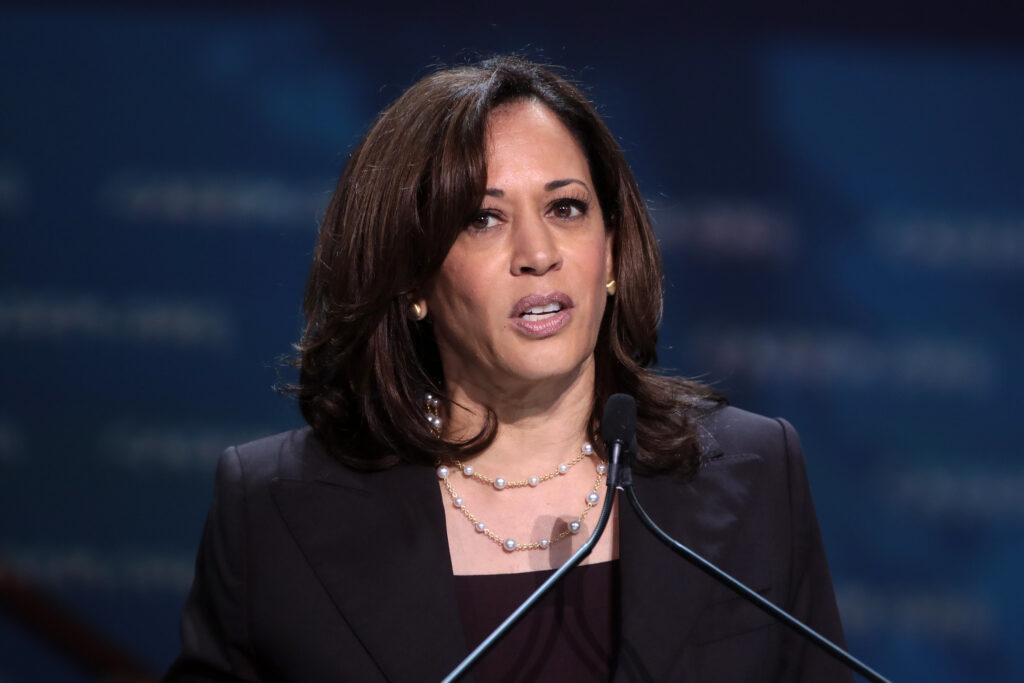French President Francois Hollande has warned the December Paris climate talks may fail without increased, expedited, international cooperation.
Only 62 of the 199 countries invited to participate in the climate treaty talks have pledged to reduce emissions, and although developing nations have been promised climate payouts, developed nations have made few actual funding commitments.
Advice on Preventing Agreement
Attorney Chris Horner, a senior fellow at the Competitive Enterprise Institute, says he expects something will be agreed to in Paris, but he says there are steps lawmakers can take in advance to reduce the chance any harmful deal will be successfully negotiated.
“First, Congress must ensure no funding for the climate slush fund [established for developing countries].” said Horner.
Horner also suggests the U.S. Senate pass a sense of the Senate resolution before Paris indicating anything negotiated there will require Senate ratification to become effective.
With a clear resolution from the Senate, lawmakers can prevent countries from claiming the United States is bound by any action taken at the Paris conference, Horner says.
“The all-important point is to ensure there is no reasonable claim that ‘the world’ could reasonably have believed the [Obama] administration was binding the U.S. to anything in Paris,” Horner said. “A simple majority is a resounding victory, showing that any pact is over 30 votes short of the necessary two-thirds.”
Horner says lawmakers should act in the next two months rather than wait until after the Paris talks.
“‘Advice’ as in ‘advice and consent’ is a dish best served in advance, [in order] to really be advice,” said Horner.
In early September, Politico reported the Senate Environment and Public Works Committee would soon hold a hearing on whether the Paris agreement should require Senate ratification.
Congressional Review Specter
Lawmakers could also seek to undermine the agreement by scuttling the Environmental Protection Agency’s (EPA) Clean Power Plan (CPP) using the Congressional Review Act (CRA), which allows Congress to review rules having more than $100 million impact on the economy and disapprove them if desired.
The CPP requires states to reduce carbon dioxide emissions from their power sector by a nationwide average of 32 percent below the 2005 level by 2030. CPP is critical to meeting Obama’s commitment to cut U.S. carbon dioxide emissions by 28 percent below 2005 levels.
Since its inception in 1996, CRA has been successfully used to block only one proposed rule, but Horner says if Congress could muster the votes, it would decrease the administration’s negotiating ability in Paris.
“The entire deal is blown if Congress first votes down the CPP rules—the key component of Obama’s planned promise in Paris—under the Congressional Review Act,” Horner said.
The Paris climate negotiations are scheduled to begin on November 30 and run until December 11.
Ann N. Purvis, J.D. ([email protected]) writes from Dallas, Texas.




